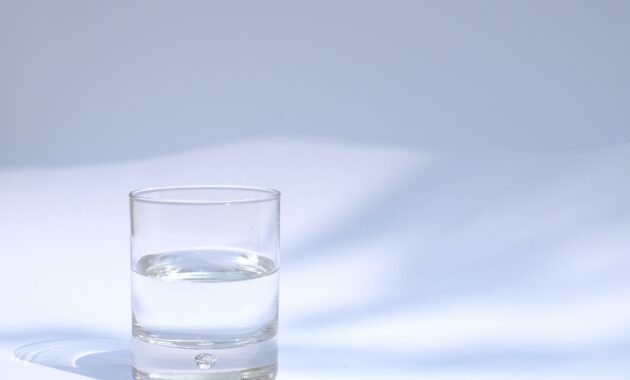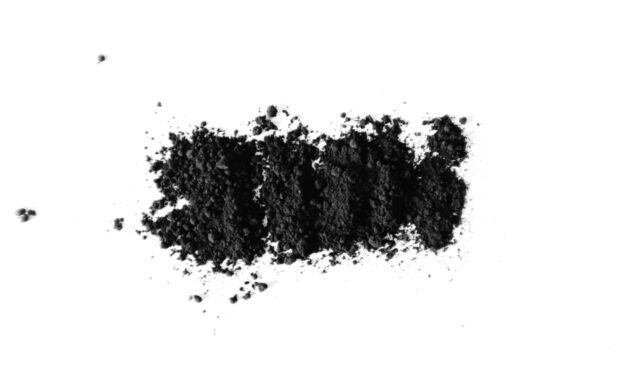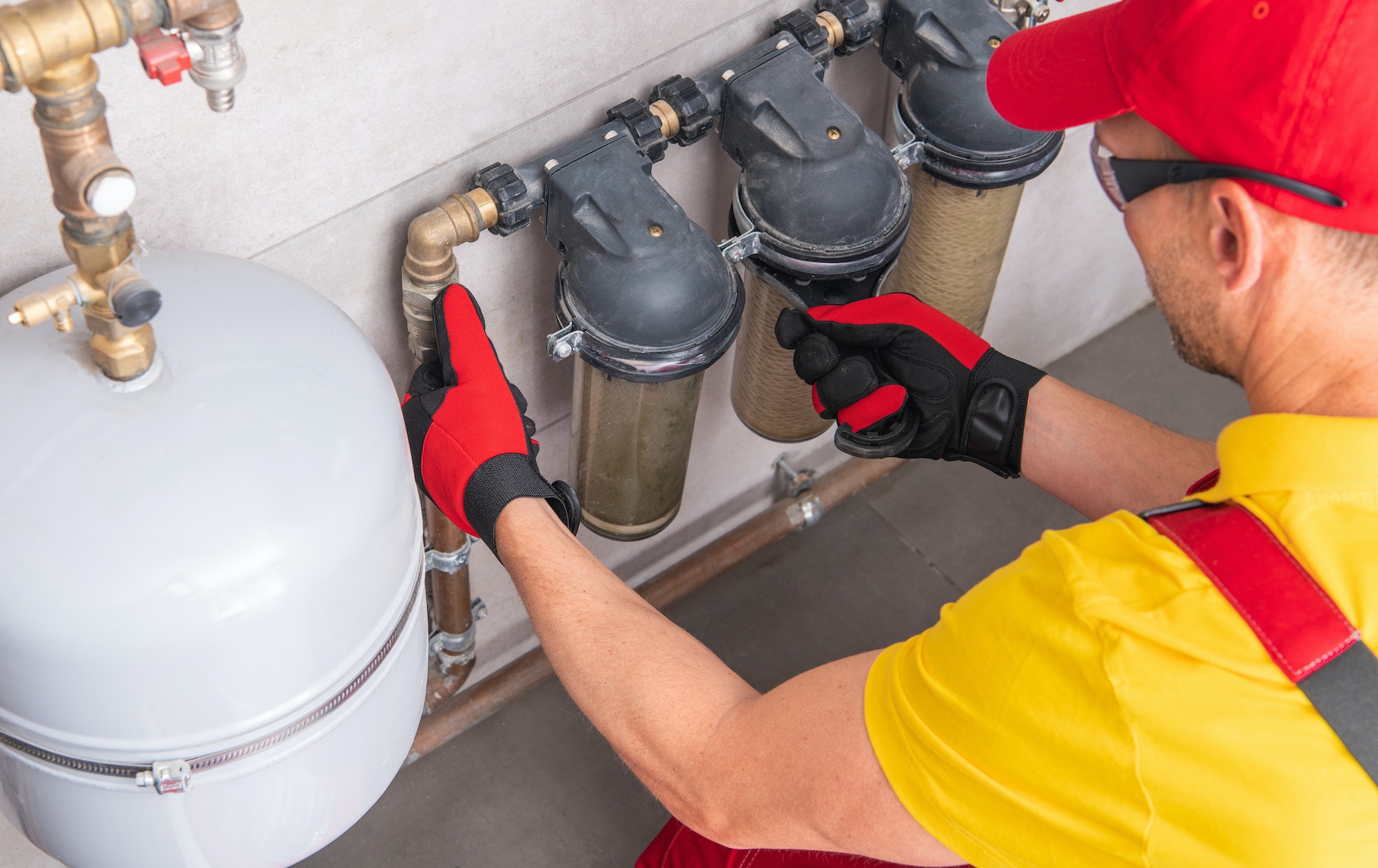If you value the quality of the water you drink, you must consider using a water filtration system. In fact, most Americans already purify their drinking water at home, which is reflected in the booming water purifier market. Statistics show that the water purifier market will grow from USD 6.12 billion in 2022 to USD 9.10 billion by 2029 at a CAGR of 5.8%.
However, you cannot use just any type of filtration system; you need the most effective purifiers. Water filtration solutions that include small carbon block water filter cartridges can help improve water quality quite significantly. In this article, we’ll explore all the benefits of carbon filtration and the different types of carbon water filters available. Keep scrolling!
The Advantages of Carbon Water Filter Cartridges
When comparing the pros and cons of using carbon filter cartridges, the disadvantages are negligible compared to the pros. Let’s take a closer look at the advantages of choosing carbon filters.
1. Easy to Replace
Once an activated charcoal filtration system reaches its lifespan within 6-12 months, depending on usage, you can install a new one with the information provided in the user’s manual. You don’t need a professional for this task.
2. Cleaner and Safer Water

Source: Manu Schwendener on Unsplash
One of the major advantages of carbon water filters is that it provides you with cleaner and safer water. The activated charcoal in this filtration system is proven to trap organic chemical impurities as the water passes through. After filtration, your H2O is not only cleaner and safer but tastes better and is refreshing.
3. Less Expensive
Activated charcoal found in this filtration system is made from natural materials like coconut shells and coal. Because of the abundance of these natural resources and the simplicity of the manufacturing process, these filtration systems are more affordable than others.
4. Environmentally Friendly
Carbon filtration systems are made from renewable resources and don’t produce harmful by-products unless it’s tampered with. Also, these filters don’t contain plastic. If wasting plastic is one of your deal breakers when it comes to filtration systems, then this is your best option.
5. Improved Health
One of the health benefits of using carbon water filters is that natural essential minerals like calcium needed by the body are retained after purifying your water.
6. Portable
The compact sizes of this filtration system can fit under the sink and can be used on the go for activities like camping. While the large sizes suit a standard-sized home and don’t require a large space.
Different Types of Carbon Water Filter Cartridges
1. Granular Activated Carbon (GAC) Filters
GAC filters contain loose granules of activated carbon, which are effective in removing some organic chemicals like chlorine that give a bad taste or odor to the water. However, other chemicals like nitrate can’t be attracted or trapped by this system. GACs are often used as pre-filters to extend the lifespan of the main filtration system.
2. Block Activated Carbon (BAC) Filters
BACs use compressed activated charcoal to create a solid block that traps impurities as the water passes through. But unlike GACs, BACs are more effective in removing smaller particles like lead and volatile organic compounds. This is because BACs have a higher density of micropores which provides a larger surface area for the adsorption of impurities.
BAC filters typically have a longer lifespan than GACs and are often used as the main filtration system.
3. Powdered Activated Carbon (PAC) Filters

Source: Adrien Olichon on Unsplash
PACs use a fine powdered form of activated charcoal to remove taste, odor, or impurities. PACs purify your H2O by attracting contaminants to the surface of the activated charcoal particles and holding them there.
PAC filters have high adsorption capacity and low cost. They can either be used alone or in combination with other filtration technologies.
4. Catalytic Carbon Filters
This contains activated charcoal that has been treated with catalysts like copper or zinc. It’s effective in removing disinfection byproducts like chlorine and chloramines from water. But catalytic carbon purifiers are expensive and may have a shorter lifespan when compared to other types. This is because of the additional treatment process and catalyst reaction that occurs during production.
This type of filter can be used in combination with other filtration technologies like sediment filtration systems or reverse osmosis systems.
5. KDF/Activated Carbon Filters
KDF (Kinetic Degradation Fluxion) uses a chemical process called redox (reduction/oxidation) which absorbs heavy metals like lead. But it can remove sediments and other contaminants when combined with GACs.
Instead of using KDF/activated charcoal cartridges separately as pretreatment or primary treatment, use them together to get a better result and extend the lifespan of both filters.
Final Thoughts
Carbon water filters are easy to replace and don’t require any expertise for installation. Also, they are inexpensive and eco-friendly, but like every other product, make sure you get them from a reputable retailer since the charcoal quality is not the same for all cartridges. For the best and most reliable filtration systems, contact Filterway today.
Discover more from Futurist Architecture
Subscribe to get the latest posts sent to your email.



